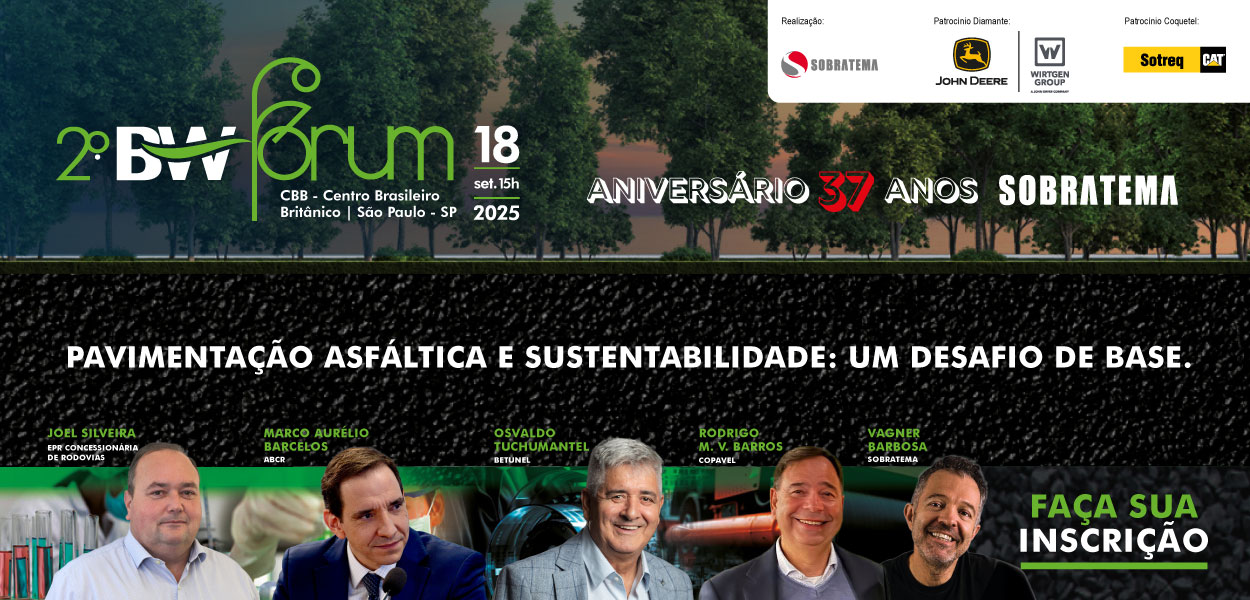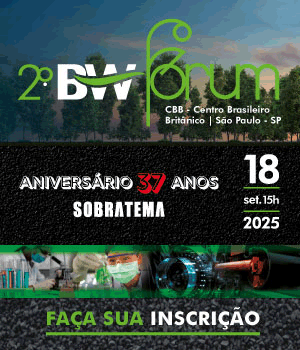The “green” side of a great construction company
Camargo Corrêa reduces 10% of the company’s carbon emissions at all its jobsites in 2011. The goal is to decrease 37% of emissions of greenhouse gases by 2020.
 The Camargo Corrêa Construction Company reduced 10% of the emissions of carbon at all its jobsites in 2011. The tally, which has just been concluded, is one of the results of the Carbon Management Plan - a project implemented by the company at its construction sites. Introduced in 2009, the project mapped the amount of greenhouse gases (GHG) that the company emits regularly in its construction processes and set targets for their reduction. Among the processes involved in GHG production are the consumption of electricity and fuel, removal of vegetation, generation of debris/residues, the application of steel and cement and the utilization of wood.
The Camargo Corrêa Construction Company reduced 10% of the emissions of carbon at all its jobsites in 2011. The tally, which has just been concluded, is one of the results of the Carbon Management Plan - a project implemented by the company at its construction sites. Introduced in 2009, the project mapped the amount of greenhouse gases (GHG) that the company emits regularly in its construction processes and set targets for their reduction. Among the processes involved in GHG production are the consumption of electricity and fuel, removal of vegetation, generation of debris/residues, the application of steel and cement and the utilization of wood.
Altogether, the company evaluated 32 projects and established the goal of reducing 21% of emissions from its operations by 2016 and 37% by 2020. "The data on 2011 demonstrate that we are on the way to surpassing our targets in the coming years," said Kalil Farran, Manager for Sustainability at Construtora Camargo Corrêa.
According to its inventory of carbon, compared to 2010, the company reduced by 26% the expected and legally authorized area of vegetation to be removed in 30 projects that were assessed in 2011. "In addition to doing our part to ensure the preservation of forests, we also reduced costs with mechanical equipment and labor via measures that optimize the schedule of the project. This is engineering’s new vision of how to allocate structures within a construction project while preserving the environment," says Farran.
The Jirau HPP (hydropower plant), one of the projects surveyed, is one of the positive examples of management by the company. In all, 66% of the vegetation that was authorized for removal was preserved instead and generated savings of R$ 12 million (US$ 6.86 million). In the Serra do Facão HPP project, the replacement of conventional concrete with sustainable concrete, which uses less cement, prevented the emission of 41,000 tons of CO2.
In relation to fuel consumption - a major input of heavy civil construction - the target set by the plan implemented by the Camargo Corrêa company is to reduce the use of fuel by 11% by 2016. One of the actions implemented to reduce fuel use was the training of drivers/operators of equipment at work on the Jirau HPP and at the ‘Ponta da Madeira’ Maritime and Rail Terminals in the city of Sao Luis. In the three projects, 590 operators were trained on the safe and economic operation of equipment, an initiative which has generated a reduction of approximately 20% in the use of fuel and an economy of R$ 1.2 million (US$ 686 thousand) for the company. Moreover, in all, 1,840 tons of CO2 were kept from being emitted as a result of this action.
With the company’s Carbon Management Plan, other procedures were changed in the day-to-day operations of Camargo Corrêa. To assist the managers of the works, the company created the Guide to Carbon Management at Worksites - a handbook of steps to be taken to reduce environmental impacts and emissions, as well as to better comply with deadlines and indicators of productivity in construction projects.
Instead of traveling, professionals now hold teleconferences more often. In laboratories, the company conducted tests to replace fuels with less polluting alternatives such as biodiesel. In addition, drivers of equipment at construction sites have gone through training to learn how to optimize the use of fuel.
Energy consumption also declined after the introduction of a computerized control system and the boilers were put to run on gas. The air conditioning system gave way to a more environmentally-friendly version which has reduced emissions of greenhouse gases. At the construction site, Value Engineering - a concept focused on the replacement of materials and processes for less polluting mechanisms - gained greater acceptance.
The Carbon Management Plan is aligned with the National Policy on Climate Change and is already recognized in the market as an important measure of environmental awareness development and transformation.
Sustainability at the Camargo Corrêa Group
The initiatives of the Camargo Corrêa Group have been recognized by the United Nations (UN) as an example of good practices in the issues of the Agenda on the Climate and Sustainability. Measures adopted by the group were acknowledged in the High Level Panel’s Report on Global Sustainability, released by the UN last year. The report highlights the concrete and positive results achieved by the Camargo Corrêa Company in its Agenda on the Climate and in the area of energy efficiency.
The Camargo Corrêa Group’s Agenda on the Climate, developed in 2009 with the participation of 150 company executives, was responsible for the technical definition of the goals related to the mitigation and reduction of greenhouse-gas emissions in the work carried out by Group’s companies. From that Agenda emerged actions such as the Carbon Management Plan which was implemented by the Camargo Corrêa Construction Company.

Av. Francisco Matarazzo, 404 Cj. 701/703 Água Branca - CEP 05001-000 São Paulo/SP
Telefone (11) 3662-4159
© Sobratema. A reprodução do conteúdo total ou parcial é autorizada, desde que citada a fonte. Política de privacidade











